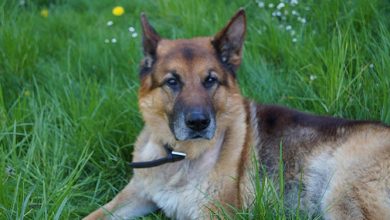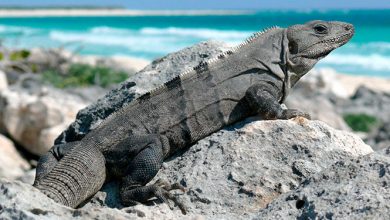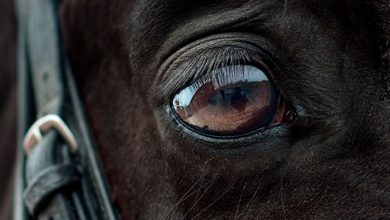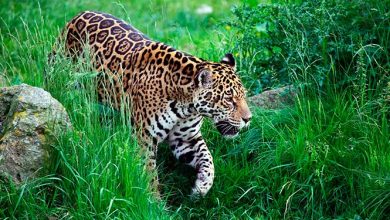Pets and Wildlife Dying a Painful Death
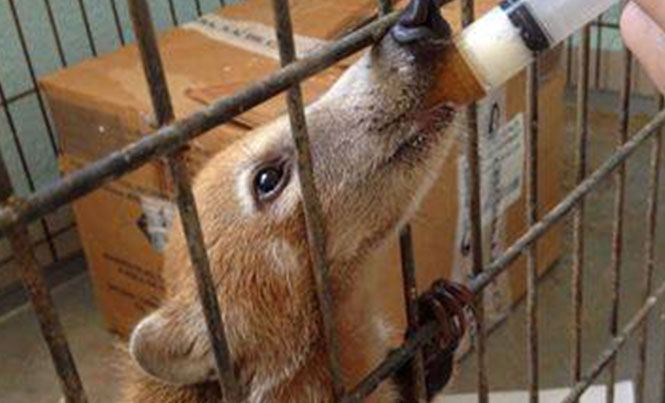
With an increase in reported sick and dying coatis and domestic animals, apparently from poisoning in the Playacar area, we wanted to talk to Dr. Laura Bevilacqua from Vitanimal about what to look for in a sick animal and what can be done to save them. Dr Laura is experienced with rescuing and treating coatis and other wild animals, and believes in their protection. Coatis are protected under the law and it is illegal to kill them
What symptoms should we be on the lookout for if we have a sick pet?
It depends on the type of poison they have ingested, normally the animal will be salivating, disorientated, experiencing convulsions and respiratory problems, and sometimes bleeding from the nose or mouth.
Can an animal be saved if it has been poisoned?
This also depends on the type of poison. It is very important you get take the animal to a veterinary hospital as soon as possible. The animal may not have much time. Once they type of poison is determined, we can begin the proper treatment. There are treatments available, again depending on the type of poison and how long it has been in the system. Sometimes an animal is made to vomit and provided medication, fluids, but if it is already in the system it may be too late. Unfortunately, most poisons kill an animal within a few hours.
What should we do if we see a wild animal that has been poisoned?
You should report the wild animal to PROFEPA (Federal Office of Environmental Protection). At this time PROFEPA is investigating the poisonings in Playacar.
It is difficult to catch a wild animal that has been poisoned before it is too late. Once you find them they are already in advanced stages. It is not advised to pick them up as they may very dangerous and bite. They are scared and suffering.
Laura also comments that it would be useful to do a necropsy on these animals to see what is being used and to confirm they are being poisoned.
Whether pets ingest the bait directly or a cat brings home a dead rodent that was poisoned your animals are at risk.
Most likely rat poison or organophosphate poisoning is being used to eliminate “pests” and is a very inhuman and painful way to die, not to mention illegal and should not be tolerated.
The controversy grows with accusations that the golf course maybe trying to eliminate the coatis, and last year a team that included Dr. Laura, IFAW and a group of biologists wanted to investigate the same issue, dying coatis in Playacar. The Playacar administration did not respond to the request.
Dr. Laura reminds us to not feed wildlife, as it makes them dependant on humans and multiply faster than normal.
Visit Dr. Laura Bevilacqua on Facebook/Vitanimal or for appointments call 984-151-9779
To report a sick wild animal please contact



